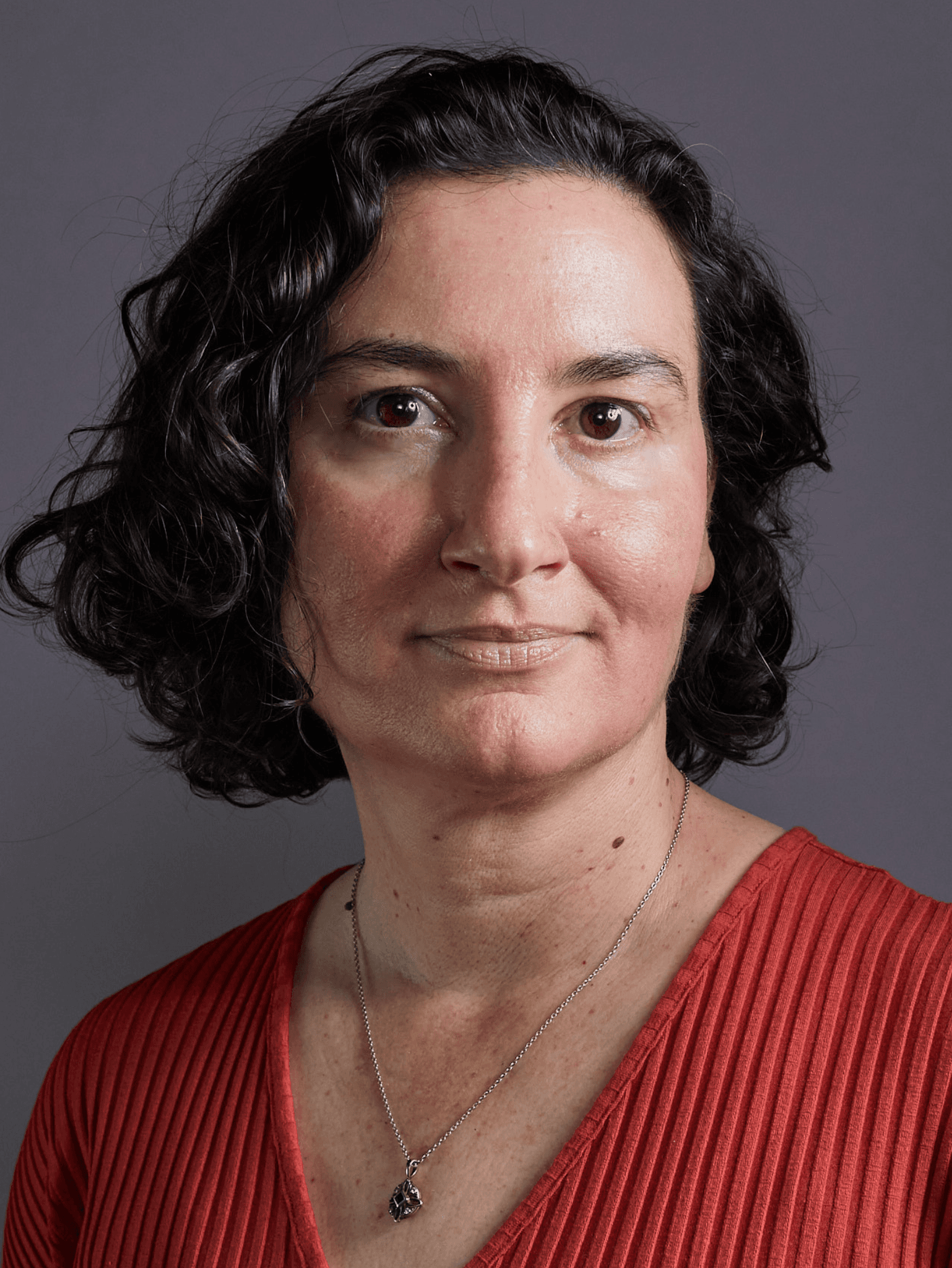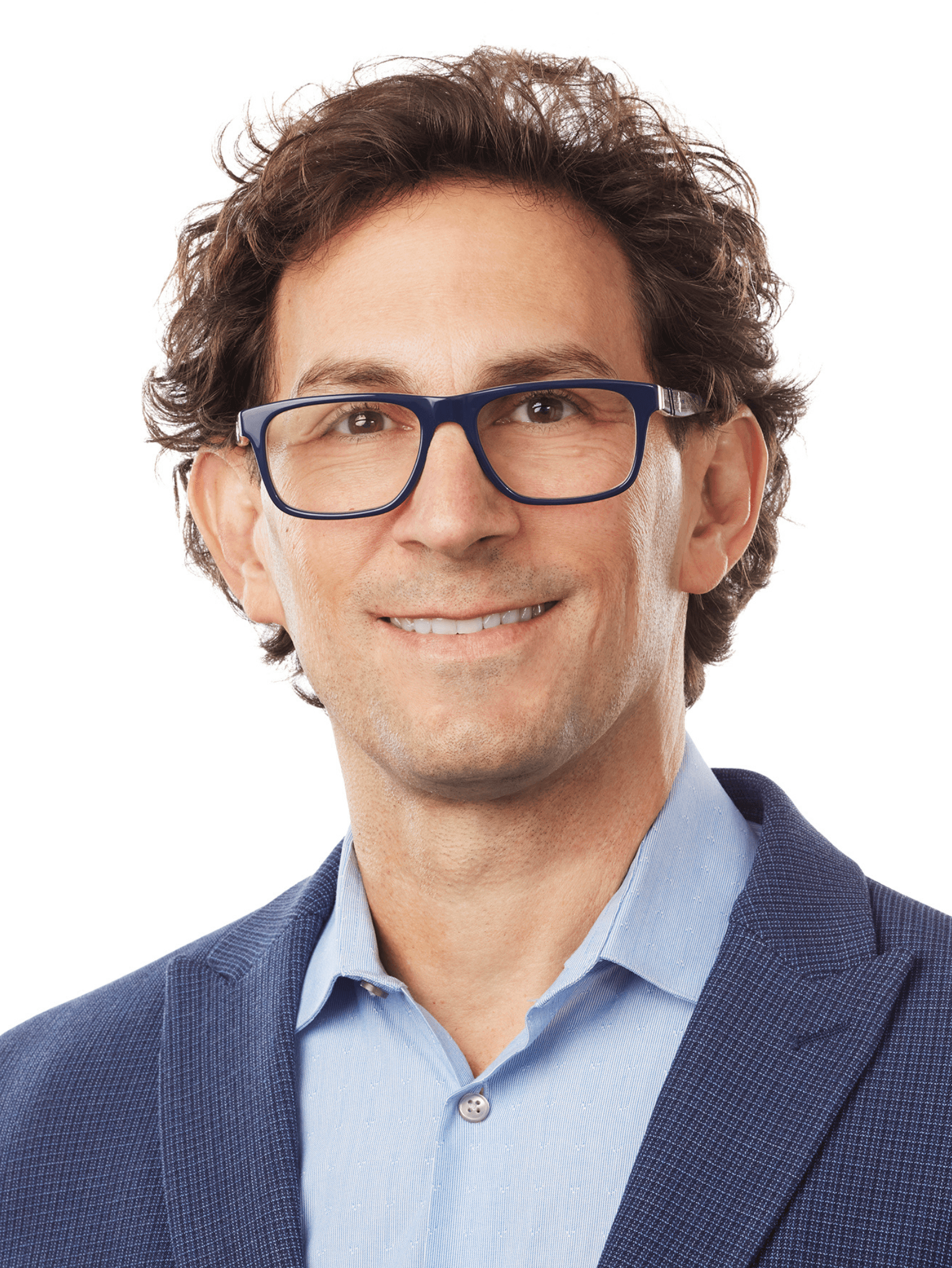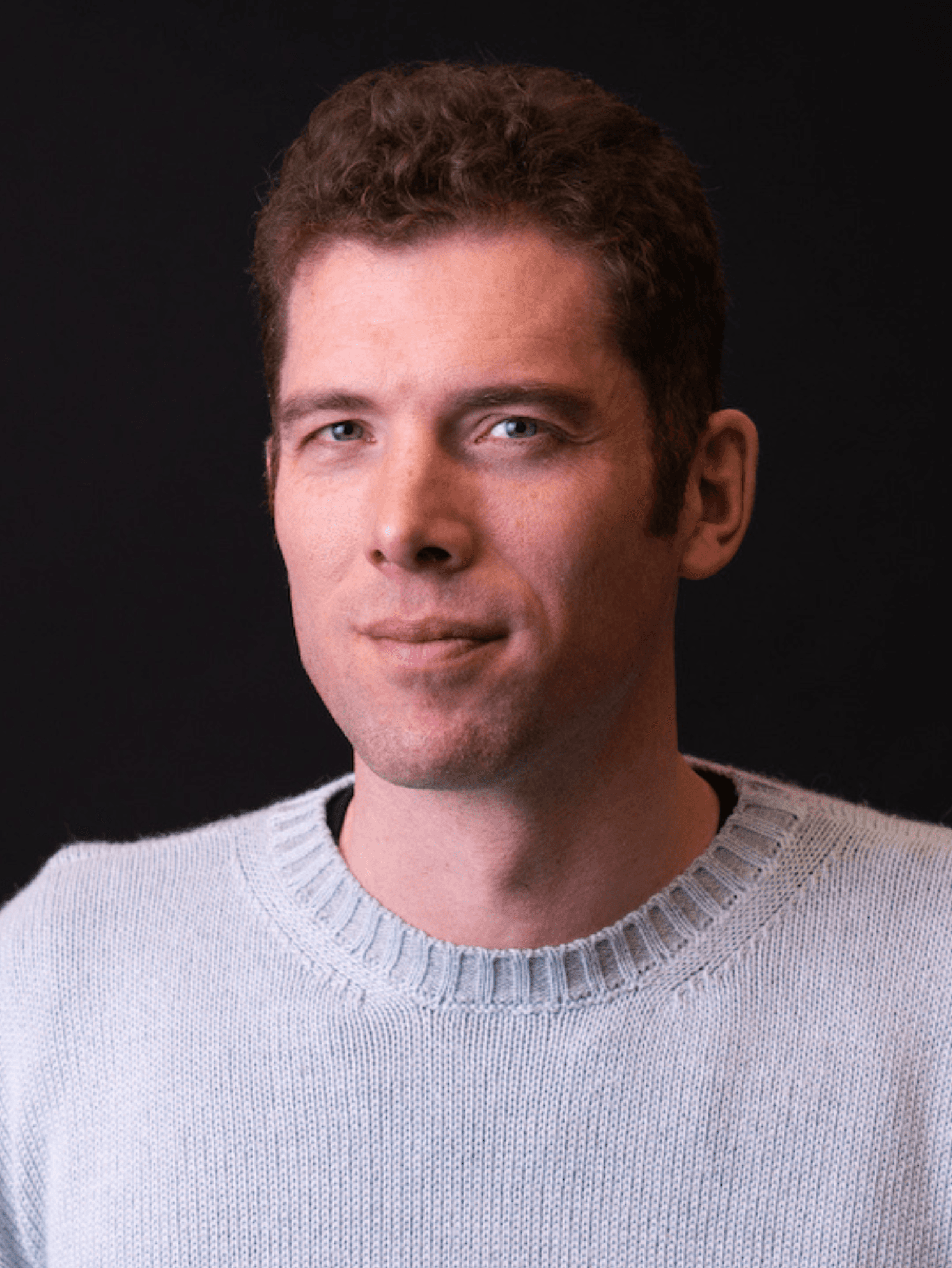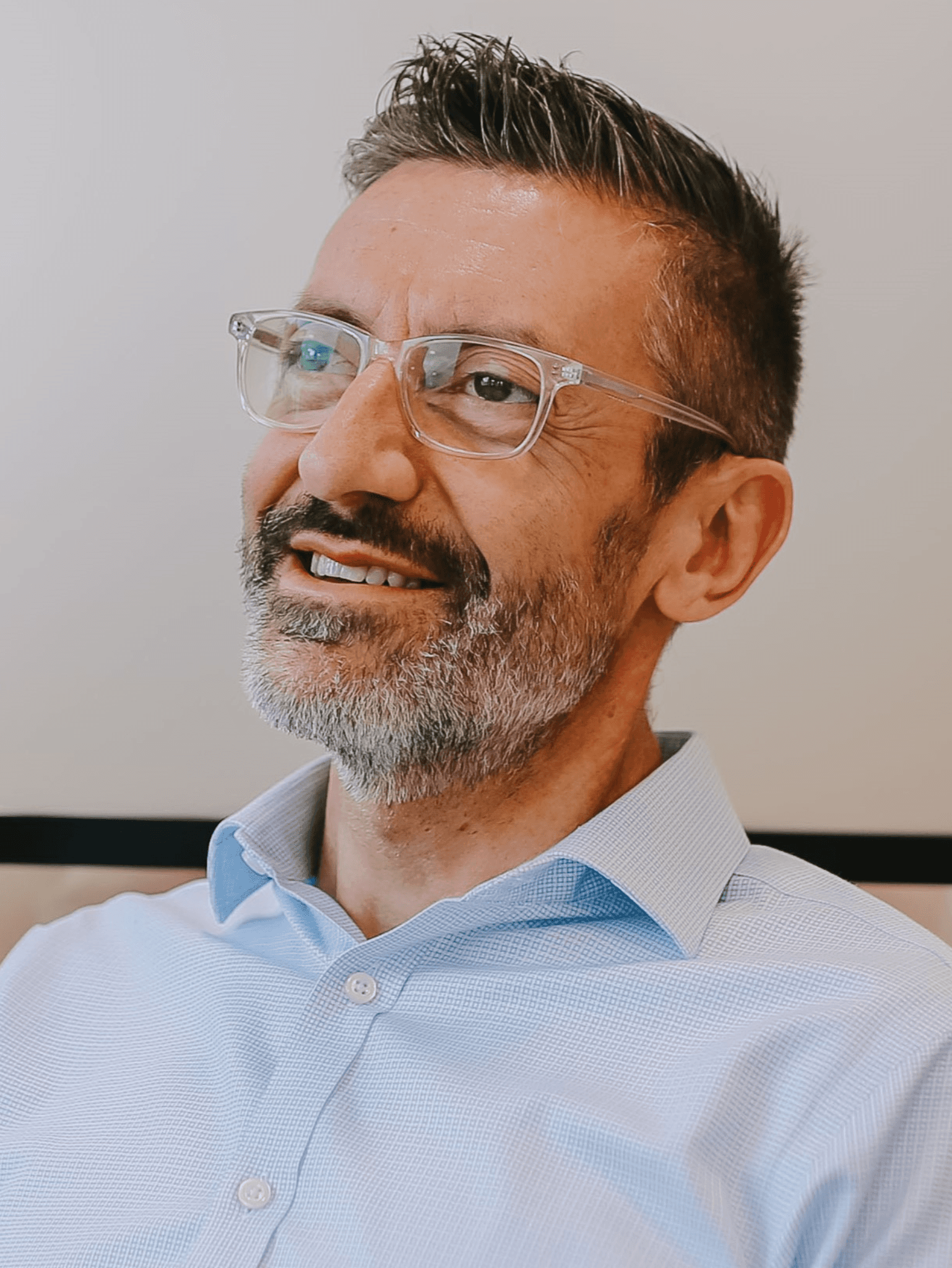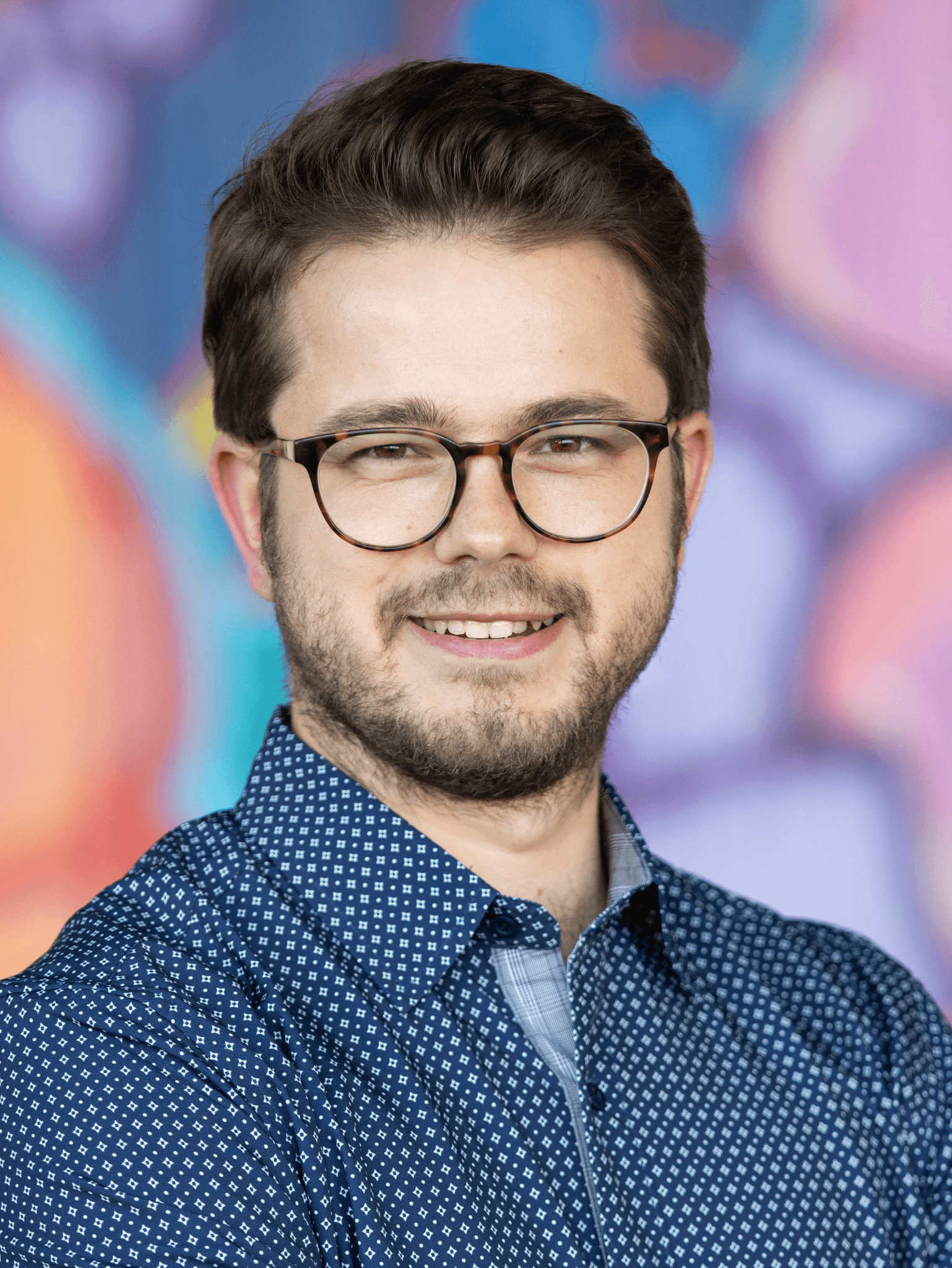SynBioBeta Speaker
Jacob Beal
Engineering Fellow
RTX BBN Technologies
Dr. Jacob Beal, an Engineering Fellow at RTX BBN Technologies, is the lead developer of FAST-NA Scanner (https://bbn.com/fastna), an adaptation of signature-based malware scanning to DNA synthesis biosecurity screening now being used in the DNA synthesis industry. Dr. Beal also represents BBN to the International Gene Synthesis Consortium (IGSC), helps maintain the IGSC's Regulated Pathogen Database, and co-leads the Sequence Biosecurity Risk Consortium (SBRC), an effort to establish international standards for testing biosecurity sequence screening systems, and is organizing efforts to respond to emergent AI-driven biosecurity threats. Dr. Beal is also known for his work in other areas of synthetic biology, including development of standards for representation and communication of biological designs and experiments, methods for calibrated flow cytometry, precision analysis and design of genetic regulatory networks, and engineering of biological information processing devices.
SynBioBeta 2025 - Session Speaker
Securing the Future: Biosecurity Innovations in Synthetic Biology and Allied Technologies
The rise of synthetic biology and its various offshoot applications in climate tech, biotech, medtech, foodtech and allied technologies such as DNA data storage presents unprecedented opportunities for innovation and societal benefits, while also creating new challenges in biosecurity. This session will explore strategies to secure the synbio supply chain, opportunities and challenges in scalable containment technologies, traceability systems such as genomic barcoding, deployment of AI solutions for biosecurity, and frameworks for managing the intellectual property (IP) rights of engineered biological assets in a rapidly complexifying supply chain. Our expert panel will discuss the role of emerging technologies in enhancing supply chain transparency, safeguarding against misuse, and ensuring compliance with evolving regulatory landscapes. Join us to gain valuable perspectives on how collaborative public-private efforts, innovative digital and molecular tools, and adaptable regulatory practices can maintain security, foster ethical growth, and protect public trust across the engineering biology ecosystem.
The Biological "Zero-Day" that Catalyzed a New Biosecurity Community
As synthetic biology and AI capabilities continue to expand and combine, biosecurity threats are becoming both more widespread and more difficult to mitigate. This panel will discuss these challenges in the context of a recent positive case study, in which multiple organizations collaborated to address an AI-based biological "zero day" threat using practices adapted from cybersecurity. We will further discuss how this collaboration has since matured into a larger effort to develop international standards for nucleic acid biosecurity screening, and close with remarks on emerging challenges in biosecurity.
All Categories





















